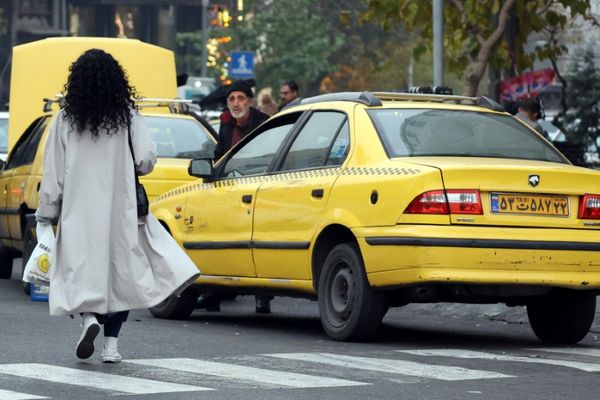The cost of living in Ireland is set to continue rising as the war in Ukraine rages on and sanctions remain imposed.
Many people across the country will have noticed a sharp increase in their energy bills as fuel prices soar.
However, there are some ways that you can reduce your energy bills by implementing some simple yet effective steps.
Phil Smith, a scientist at UCD Discovery, told RTE's Claire Byrne Live of six ways to reduce the cost of doing your laundry.

Do you need to wash it?
Phil said one simple way to save on your bills is to weigh up if you really need to wash certain items of clothes.
He said: "This is the case of doing the sniff test more often… It's the, do you need it?
He added: "We are trying to save time, money and effort, and that's what it's all about… if you're not washing something, you're not using the energy, you're not using the detergent, you're not using the washer, you're not using water, you're not using your time as well, so you're saving money by not doing it. And you're also potentially saving the clothes as well because the more that you wash them, the more you tear and rip them."
Cool your wash
Reducing the temperature of the wash can be the most cost-effective way to mitigate hefty bills. Phil said: "If you're washing a lot of stuff at 40 degrees if you reduce that to 30 degrees, you're saving on average about 30 to 40 per cent of the energy costs on it. Over the course of a year, that could translate to about €200 - €210.
"I was talking to Paul earlier on as well. He washes his clothes at 20 degrees. Again saving more, but you have to find the right detergent that goes with it as well. So some detergents work better.
"You also need to wash say towels and sheets or underwear at higher temperatures like 60 because they have a higher bacterial load.
"You're looking for the lowest temperature that works for the job that you're doing and for the right amount of time as well."
Wash in the evening
There are different electricity rates during the daytime and at night, so turning on your wash before bed may save you money.
Paul said: "There are different rates for electricity at different times. You're not automatically on rate.
"There's a standard rate all the time for if you're on a standard rate for one supplier is about 24c per kilowatt, hour running time.
"But if you're on the night saver as well, if you have a night saver metre, the during the day cost is a little bit higher like 25c, but then during the night it's 12.6c."
Fill the drum
Being careful not to overfill the drum will allow the clothes to wash properly and prevent your having to redo a load.
Phil said: "As my father in law Paul will be delighted to hear RTFM read the fine manual that says it. Manufacturers will tell you the amount that should go into it.
"In terms of load general rule of thumb about 80 to 90 per cent full. so if you can get your hand in and turn it 90 degrees at the top, that's about the right amount, and also, don't put things in that are tangled amongst each other, so if they clean properly, you don't have to do it again."
Shorter cycle
A shorter cycle will use less energy.
Phil said: "These things (machine) need to be maintained the same as a car needs to be maintained.
"So you're running a shorter cycle you're finding what works for you cleaning it out maybe using something that takes away limescale but having things running efficiently is very important."
Air drying
Making an effort to hang things out to dry instead of throwing them in the drier will also significantly impact costs.
Phil said: "Nothing like an Irish person hearing that its great drying weather out there, which is good to get the clothes fresher as well and you're not using any energy.
"Sometimes people use driers a lot of the time, particularly with young families it's a necessity. So if you have to use a drier… as you're doing two loads together that the second one comes straight away after, so you're using the heat leftover from the first load, so you don't have to heat the machine again."







